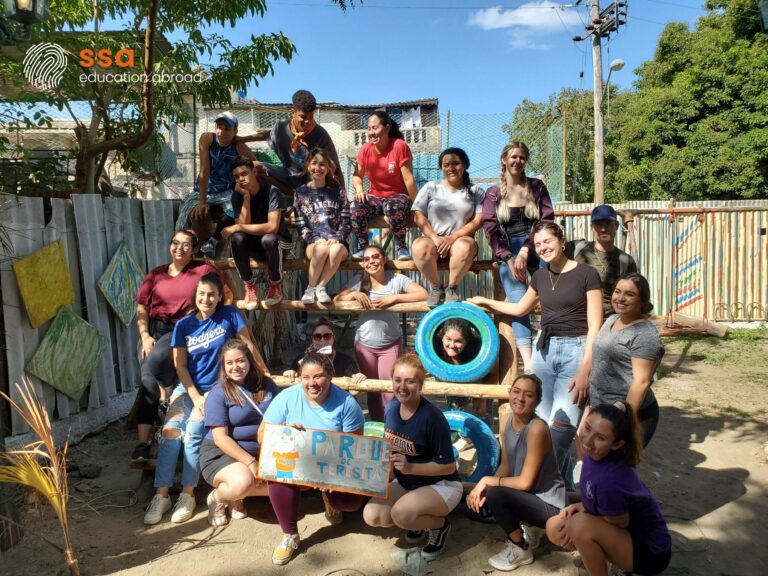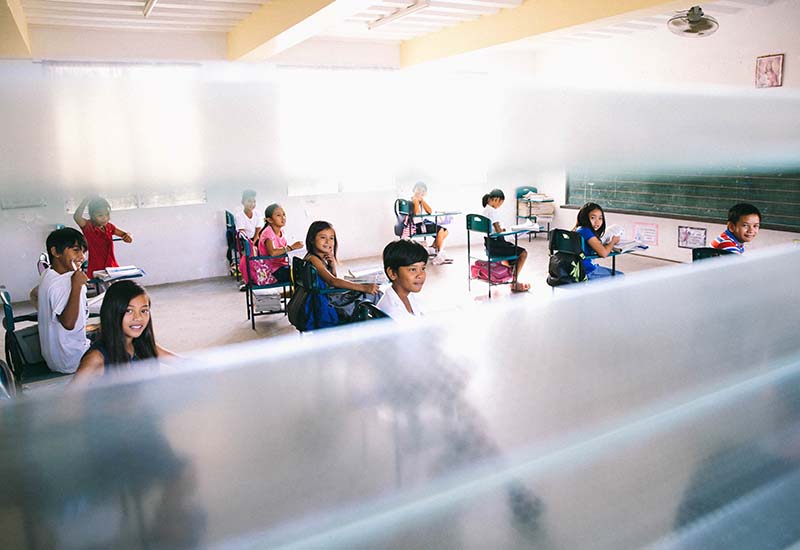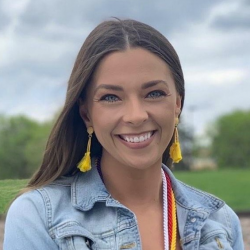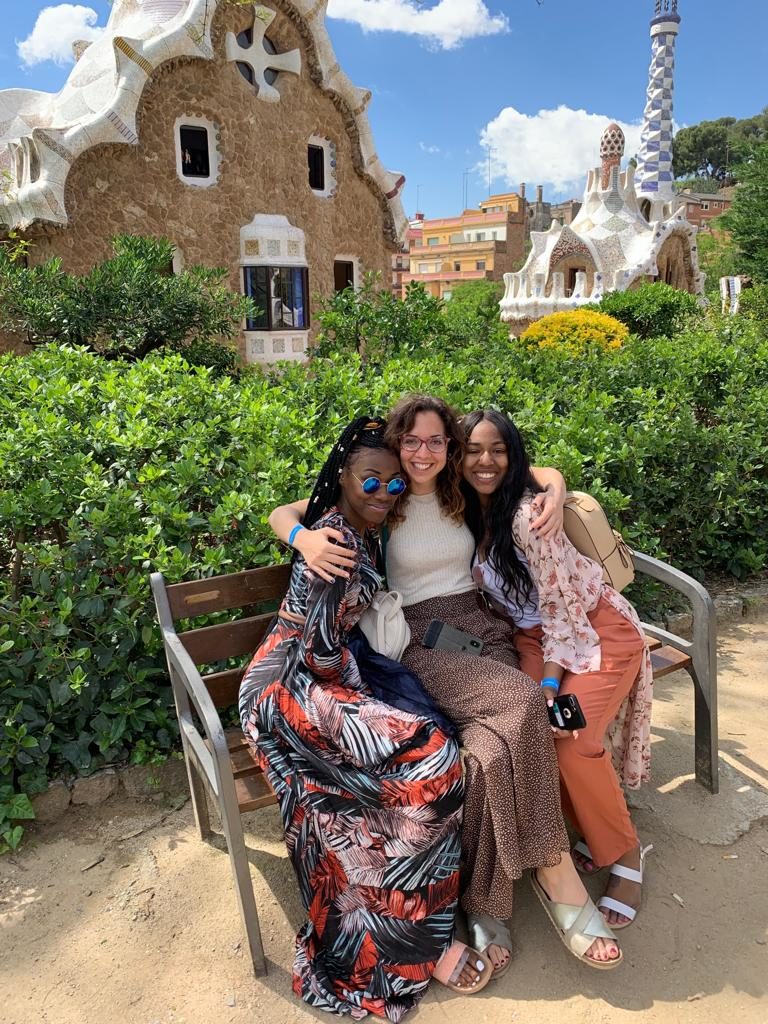
🌟 Embracing a New Chapter: Our Transformation to SSA Education Abroad
A New Era Unveiled Dear Esteemed Educators and Partners, In the spirit of renewal and progress, we’ve taken a monumental step forward. We’re thrilled to

Maybe you’ve heard of a “gap year” or perhaps not.
According to Global Citizen Year, a gap year is “a period of time between high school and college where a student takes time away from the classroom to continue their education in other meaningful ways.”
While European and Australian students are more familiar with gap years, the idea is now beginning to grow in the US.
In 2015, UCLA found that 3% of American high school graduates take a year off before going to college. Even former President Barack Obama’s daughter Malia opted to take a gap year before attending Harvard.
Think this might be for you? Read on to find out just what activities you can do during your gap year!
So, why should you consider a gap year or gap semester as an option?
Maybe you are itching to see the world before you settle into four years of college, grad school, or a career. Perhaps you are feeling altruistic and want to help others through volunteer or service-learning work. Or maybe you’re curious about the benefits of taking a gap year.
Similar to the benefits of studying abroad, research suggests that students who do a gap year experience a number of positive takeaways:
What’s more, another study of GPA results found that “gap-year students tended to outperform in college by 0.1 to 0.4 on a 4.0 scale, with the positive effects lasting over the entire four years.” Also, 90% of gap-year takers return to college within a year.
Overall, doing a gap year can help you be motivated to go back to school and study. Plus, it suggests that students who take a gap year may return home more confident and self-assured.
The traditional gap year typically takes place following high school graduation and before starting college. However, you can take a gap year at any point! Some students opt to take one after graduating from college, before or after graduate school. We even know professionals who have taken gap years (or sabbaticals) later on their careers — it’s never too late!
The benefits of this is that you may not know what you want to study before you go to college. A gap year can give you experience and perspective that might shape your future studies. What better way to try out some potential areas of interest?
You likely don’t have much money as a recent high school graduate. Unless your parents are able to foot the bill, you may be on a tight budget.
Doing a gap year after college allows you to get your education under your belt. This leaves time to explore the world before you start your career.
You might not have the financial means after college to solely travel. But now you have more skills under your belt. There are plenty of options you could explore during this time to work on developing some new skills or prolonging going into a traditional 9-5. Some of these include two-year postings like Peace Corps and Teach for America. Or you could opt for a work/study visa in a foreign country for at least a year.
Maybe the timing isn’t right before or during college or not to mention you didn’t have the cash to travel. But you’re sick of your 9-5 job, and you can’t quell the thought of handing in your resignation and walking out of the office forever. Now that you’ve got some work experience behind you, it’s time to save up for that escape!
It’s hard to walk away once you are more established in your career. The good news is, you don’t have to give up your job if you have the travel bug. There are now several companies that cater to working professionals. If you want to go remote and explore the world, check out Remote Year and Unsettled as a start.

Ask yourself: what am I hoping to get from this gap year? How do you want to spend this time, and what are your priorities or goals?
Here are some questions to consider:
Next, we’ll go into the most common type of gap year experiences you can choose from.
Volunteering is a trending gap year option. It can be hugely rewarding and help give you an idea of what area of study you want to pursue. By getting firsthand experience on-the-ground, it can also give you a taste of what you DON’T want to pursue.
Here are some places to start.
These are options all over the world. Help to preserve the Great Barrier Reef or work on animal conservation in the Amazon. If you’re unsure where to start, you can check out the Gap Year Association’s list of accredited member organizations.

Native English speakers are in high demand all over the globe. Organizations, like Greenheart Travel, will assist you with finding a placement in a school to teach English abroad.
Even if you don’t have prior teaching experience, they can help you get TEFL certified (if it’s required). Teaching English is a popular way to get a visa to live in another country for an extended period of time. You’ll also learn another language and develop some new skills!
While Peace Corps is a two-year commitment, it’s a rewarding experience that is sure to open doors to future career opportunities. Volunteers are placed all over the world in service projects in a variety of sectors.
These include agriculture, environment, community economic development, health, education and youth in development. One former volunteer describes the Peace Corps as “the most important transformational moment in my life.”
Maybe you’re looking to make an impact here in the US by working with children and young adults. City Year AmeriCorps serves much-needed communities in 29 cities in 21 states. Members of the program receive training and job skills as well as a bi-weekly stipend, health insurance and other benefits.
Get work experience by interning or doing a work exchange program. If you’re looking for hands-on experience in exchange for free accommodation (and sometimes meals), there are a couple options:

Workaway gives you the opportunity to live in another country with a free place to stay and meals in exchange for a few hours of work per day. There are Workaway options all over the world in a variety of areas.
You could get involved with an NGO, school, animal welfare, helping out families or communities, and farm stays. It’s a great way to live somewhere different and meet new people. You could choose to work at a backpacker hostel in Mexico, help on an organic farm in Portugal or with children in a community project in Tanzania.
WWOOF, which started out as “Working Weekends On Organic Farms,” has now expanded to include opportunities across the world. Volunteers work on organic farms in exchange for food, accommodation and the opportunity to learn new skills.
If you’re looking to get your hands dirty and spend time outside, this could be a great way to live in another country on the cheap! Check out this option if you want to learn about sustainability and renewable energy, winemaking, organic gardening, and more!
If you’re looking to learn a language or take what you already know to the next level, an in-country immersion program is the way to go. Being fully immersed 24/7 in the language is the best way to make big strides with fluency. Check out our list for finding the best immersion experiences in Spain or Latin America. Some of them even offer college credit!
Spend three months traveling through Guatemala, Nicaragua and Southern Mexico. Work on your Spanish while also learning about Mayan culture and local community projects.

Live with a host family in Fukuoka, Tokyo or Kyoto. Immerse in Japanese culture through language lessons and traditional or pop culture excursions.
Stay with a host family in Florianópolis, an island off the southern coast. Participate in an apprenticeship focused on making a responsible impact for the community.
If you’re open-minded, curious, and willing to roll with the punches – this might be the time to explore some adventure gap year options. There are various programs offering authentic and customized global experiences. Participants can dive into foreign cultures, volunteer and explore new lands.
Spend a full seven months exploring the globe like a real adventurer! The Global Gap Year program includes stays in Guatemala, Thailand, Ghana, Panama, Cambodia and Morocco. Keep in mind this is not a vacation – this program focuses on environment, education and public health. Participants should be curious about culture and passionate about their world and helping others.
Get to know a specific corner of the globe’s language, culture, and people with Where There Be Dragons. Opt for a three month Spirituality & Resilience program in Southeast Asia. Or for the adventure-seekers, an Andes Leadership Semester from Patagonia to Peru.
Still looking for some inspiration but not sure where to start? We’ve compiled a list of some of the most epic things to do in a gap year from around the globe. Click for more details!
There are tons! We recommend Bali, Kenya, and Latin America
Anywhere cold, but we recommend The United States
Any Spanish-speaking country! We recommend Argentina, Mexico, Guatemala, Nicaragua
Anywhere! We recommend South Africa, Panama, Nepal
Anywhere! We recommend Spain, Italy, and Indonesia
Italy, Germany, Austria, Hungary, Czech Republic, The Netherlands, France
Anywhere!
Anywhere! We recommend India and Argentina.
Anywhere with water.
Anywhere!
Anywhere!
Spending a few weeks, months or a full year abroad can be a transformative experience. Whether you are devoted to adventure travel, volunteer work or studies — gap years can be fun and rewarding.
Just remember, there are no shortage of places to go and things to do when it comes to deciding on your gap year experience. And there’s no time like today to start planning your escape.

A New Era Unveiled Dear Esteemed Educators and Partners, In the spirit of renewal and progress, we’ve taken a monumental step forward. We’re thrilled to

In Seville, the reality of being a woman intertwines with a vibrant culture and a commitment to female empowerment, reflecting both the beauty and challenges

The mission of SSA is to promote our students’ in-depth understanding of Spanish-speaking countries through specifically designed and academically rigorous university-level and cultural travel programs.


Experience the Fusion of Cultures in San Juan’s SSA Adventure! 🌴📚🇵🇷

Dive into Authentic Cultural Immersion in the Heart of Argentina! 🇦🇷📚🌆

Navigate Through Panama’s Cultural Diversity with English Studies! 🛤️🌐🇵🇦

Venture into Patagonia’s Wild Beauty with the SSA Environmental Studies Program! 🏞️🔍🇦🇷🇨🇱

INSTITUTIONAL RELATIONS Manager
Beth is your go-to contact for navigating the complex process of study abroad.
She aims to respond to all inquiries within one business day.
Don’t hesitate to drop a message. No question is too small!
Trying to learn more about Study Abroad?
We’re sending you our A-Z study abroad guide, including:
